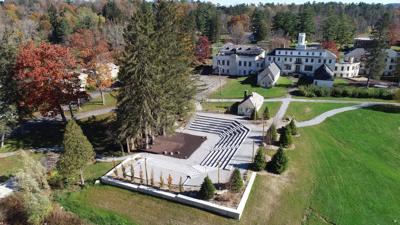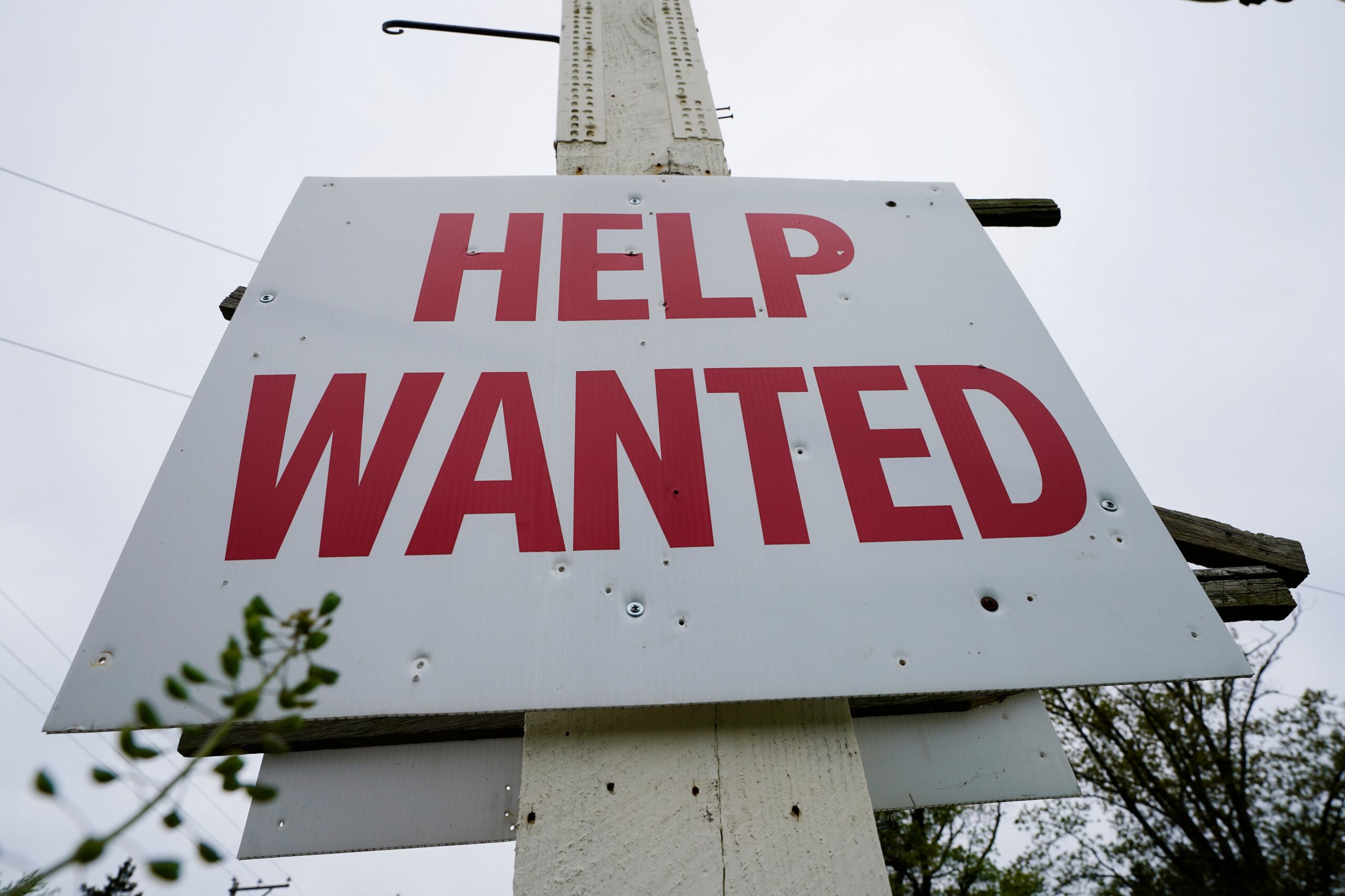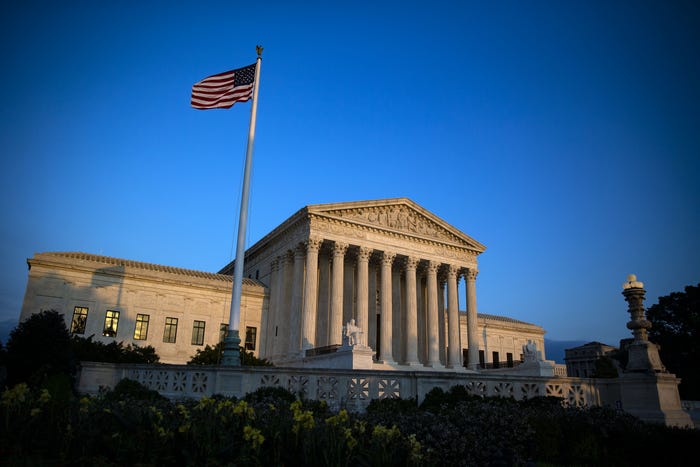Shakespeare & Company, a prominent nonprofit educational theater based in Lenox, has successfully eliminated its $4 million debt, marking a significant milestone in its nearly four-decade history. This achievement comes after a combination of strategic property sales, generous contributions, and a robust box office performance.
Artistic Director Allyn Burrows announced the complete payoff of the mortgage on the Kemble Street property, stating, “Now that we don’t have any more mortgage, we have more flexibility. We are no longer beholden to a bank in Boston. That really gives us a firm footing.” The company achieved this financial turnaround by surpassing its box office target, recording over $1.17 million in ticket sales against a goal of $1.126 million.
Strategic Moves Lead to Financial Stability
Shakespeare & Company’s financial recovery strategy included selling off properties to fund its development plans. A notable transaction involved the sale of a company-owned residence at 125 Old Stockbridge Road, which brought in nearly $1.5 million. Additionally, a two-acre lot was sold for $250,000, and plans are underway to develop four more lots into three-bedroom condominiums with the help of developer David Carver from CT Management Group.
The organization has also entered into a partnership with Carver, who purchased the South Cottage at 68 Kemble Street and converted it into two rental apartments as part of a wider redevelopment initiative for the 30-acre campus. This strategic realignment aims to transition the property into a condominium association controlled by the theater company.
Burrows expressed optimism about the future, noting that the theater is not only maintaining a break-even stability but is also on track to finish the fiscal year, which ends on March 31, with a slight surplus. He highlighted the importance of smart programming and strategic planning moving forward, especially as the theater industry faces challenges from digital streaming and other entertainment options.
Enhancing Community Engagement and Programming
The theater’s approach to revitalizing its programming includes expanding the use of the Arthur Waldstein Amphitheater, a 540-seat open-air venue. Burrows is eager to extend the season into the spring shoulder period, which remains largely untapped. Recent changes include transforming the former Roman Garden Theater into a popular beer garden, which saw high attendance during off-nights.
Shakespeare & Company is also exploring renovations of its facilities. The large St. Martin Hall could be repurposed for educational use or artist housing. Furthermore, a building that previously housed a swimming pool may be converted into a space for summer camps and educational programs, indicating a commitment to community engagement and outreach.
Burrows remains aware of the ongoing challenges in the theater sector, stating, “As a cultural medium, theater is challenged all around. We’re up against live streaming, and theaters are closing all the time.” He emphasized the importance of remaining relevant and providing meaningful educational and training programs while delivering quality live performances.
With its debt cleared and a clear strategy in place, Shakespeare & Company is poised to continue its legacy of delivering impactful theater while enhancing its financial stability and community presence.







